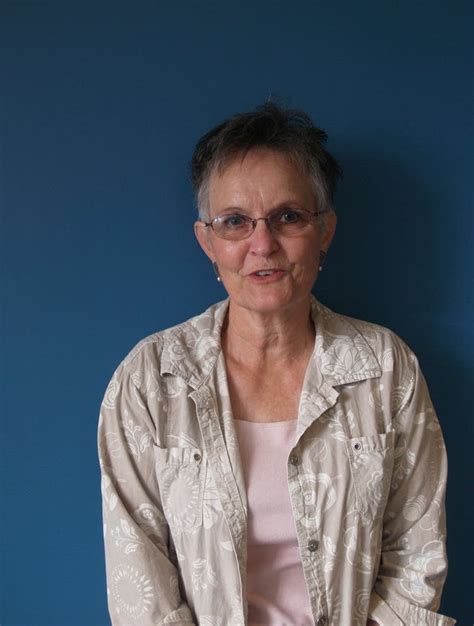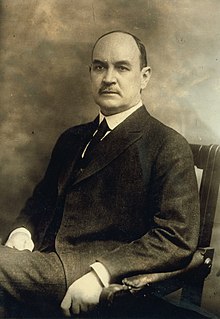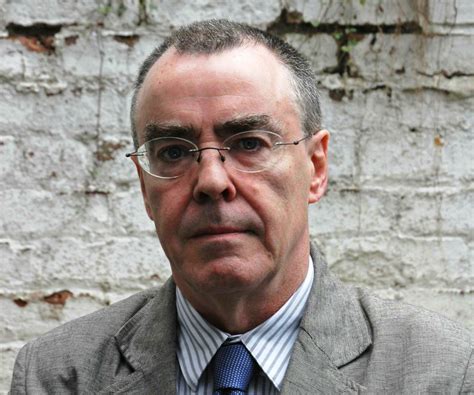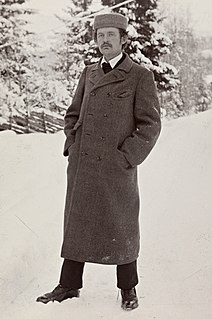A Quote by Paul Fussell
Today the Somme is a peaceful but sullen place, unforgetting and unforgiving. ... To wander now over the fields destined to extrude their rusty metal fragments for centuries is to appreciate in the most intimate way the permanent reverberations of July, 1916. When the air is damp you can smell rusted iron everywhere, even though you see only wheat and barley.
Related Quotes
First we have to see. Or first we have to be taught to see. We have to be taught to see here, because here is everywhere, related to everywhere else, and if we don't see, hear, taste, smell and feel in this place - not only will we never know anything but the world of sense will be by that much diminished everywhere.
I am reminded, now, of Leonardo's advice to painters: You should fix your eyes, he says, on certain walls stained with damp. You will see in these the likenesses of divine landscapes, adorned with mountains, ruins, rocks, extensive plains; and you will see there battles and strange figures engaged in violent actions. For in such walls the same thing happens as in the sound of church bells, in whose reverberations you may find every word imaginable.
The era of wild apples will soon be over. I wander through old orchards of great extent, now all gone to decay, all of native fruit which for the most part went to the cider mill. But since the temperance reform and the general introduction of grafted fruit, no wild apples, such as I see everywhere in deserted pastures, and where the woods have grown up among them, are set out. I fear that he who walks over these hills a century hence will not know the pleasure of knocking off wild apples.







































